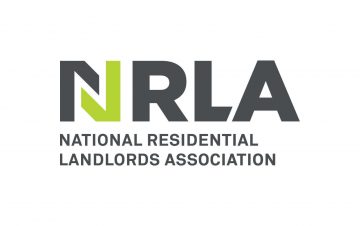City of York Council makes decision to halt rent rises
The planned annual rent increase implemented by the City of York Council has been halted for three months due to the Coronavirus emergency.
Normally, the beginning of each financial year is marked by rent increase coming into effect across the city’s socially rented homes. This year, however, those increases will be automatically refunded to York’s residents.
The Council made the decision to postpone the rent increases due to the Coronavirus outbreak causing financial difficulties for many people.
With the fast pace of changes going on during the coronavirus outbreak, it meant that the council was unable to reverse those increases as they were already locked in. They are instead asking tenants to pay the extra rent for now, and assure them that they will be refunded for the first three months at a later date.
Cllr Denise Craghill, Executive Member for Housing and Safer Neighbourhoods at City of York Council, said: “While we can’t reverse the annual increase in the billing system at this stage in the financial year, we will ensure no individual has to cover this increase for the first three months of the year.
“Anyone worried about paying their rent as a result of changes in their circumstances due to the current emergency, should contact their housing management officer (HMO) and seek advice at: www.york.gov.uk/COVIDHousing.
“For more detail on the financial help available to tenants affected by Coronavirus, please go to: www.york.gov.uk/COVIDFinancialHelp .”
Cllr Nigel Ayre, Executive Member for Finance and Performance, added: “We fully recognise that this is an incredibly difficult time for a lot of households and that is why deferring these rent increases will make a real difference to tenants on low incomes across York.
“Just like our commercial premises, it’s right that once again City of York Council sets an example to all landlords across York and does what it can to support residents.”






